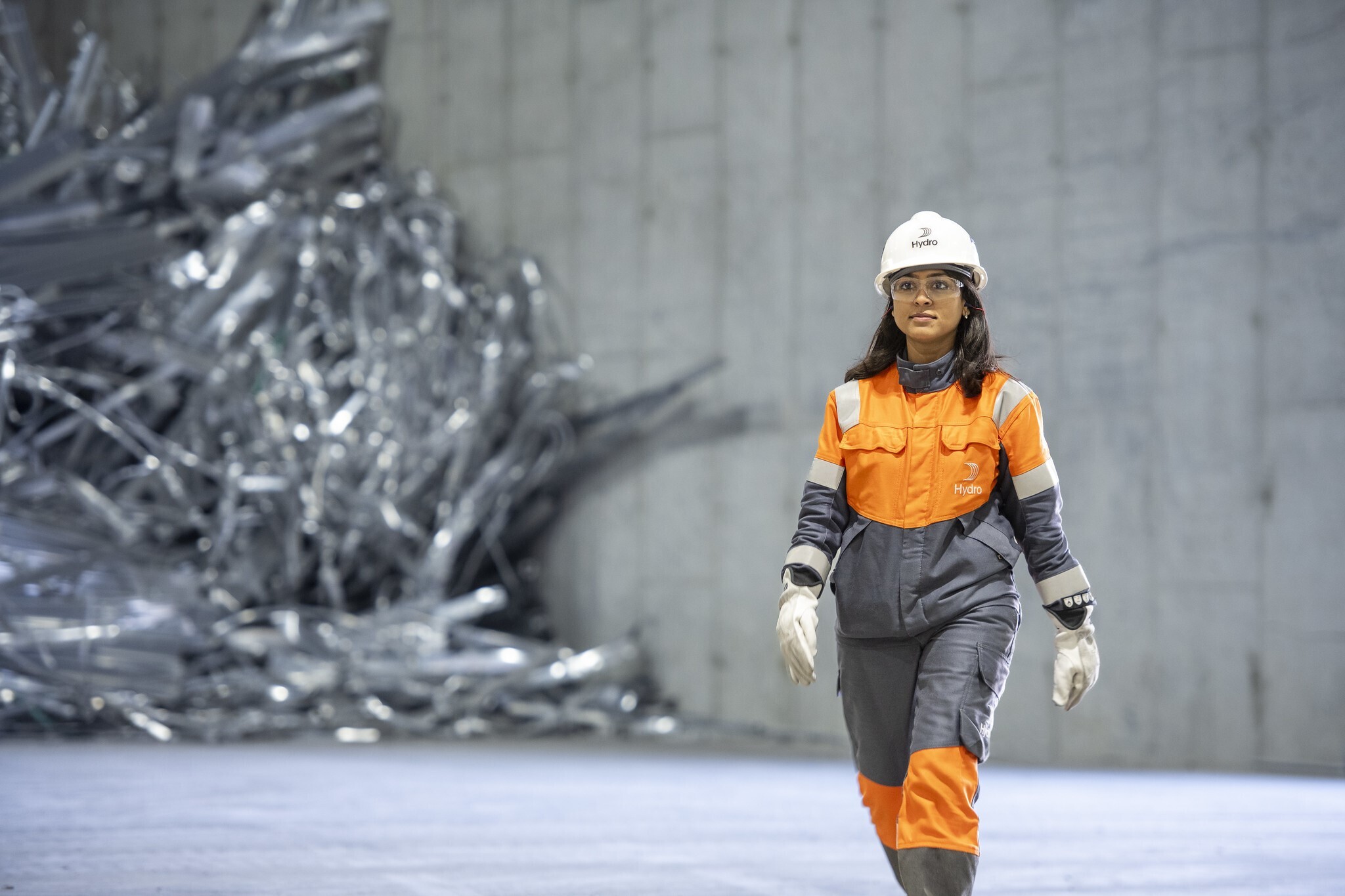您想继续阅读英文文章还
是切换到中文?
是切换到中文?

THINK ALUMINIUM THINK AL CIRCLE

Norsk Hydro has been in the headlines for contradictory reasons. On the one hand, they have been announcing closures, curbs, and a temporary hiring freeze, and on the other, they have made news for investments, expansions, and inaugurations in the past few months. Given Norsk Hydro’s repeated reaffirmations of its strategic commitment to its 2030 vision, it is time to assess its actions’ substance and scope.
 Image for referential purposes only
Image for referential purposes only
The most recent announcement made by Hydro is that it is temporarily freezing its hiring of ‘white collar workers’ for affected areas. However, it has also been mentioned that hiring in the Business areas will remain unaffected. This measure, as mentioned in the official press release, is explicitly undertaken to strengthen the company’s “future resilience” in an “increasingly volatile global business environment.” However, the company has not specified which areas are targeted in both cases.
“Our 2025 strategy was built around growth in selected areas, and we have taken steps, including adding resources, to prepare for this growth. The 2030 strategy focuses on growing the core of the integrated value chain. The world has changed, and we must adapt to the new reality. We are now taking action,” says Eivind Kallevik, President and CEO of Hydro.
The prior decision to halt further investment in its green hydrogen and battery businesses reinforces the brand’s strategic reprioritisation. Hydro plans to gradually conclude these operations, as they are no longer considered strategic growth areas for achieving the 2030 strategy, partly due to unfavourable market conditions in these sectors.
Volatility and deflation in the European market
While maintaining a positive long-term outlook, the company is navigating a complex and volatile global business environment marked by geopolitical tensions, trade disruptions, and economic uncertainty, particularly due to deflationary trends in European economies.
As per the BBC, many economists and politicians are increasingly worried about the sluggish pace of growth in the UK economy. Although the UK economy grew more than expected in Q1 2025, analysts caution that the disruption caused by the US trade tariffs, which started in April, could slow growth in the latter part of the year despite a recent agreement with the US that reduced or removed tariffs on certain UK exports, including cars, steel, and aluminium. This has severely impacted Hydro, prompting the closure of its extrusion plant in Birtley, United Kingdom.
Also read: Norsk Hydro trades ex-dividend at NOK 2.25: Notes for investors on aluminium market sentiment
…and so much more!
SIGN UP / LOGINResponses








